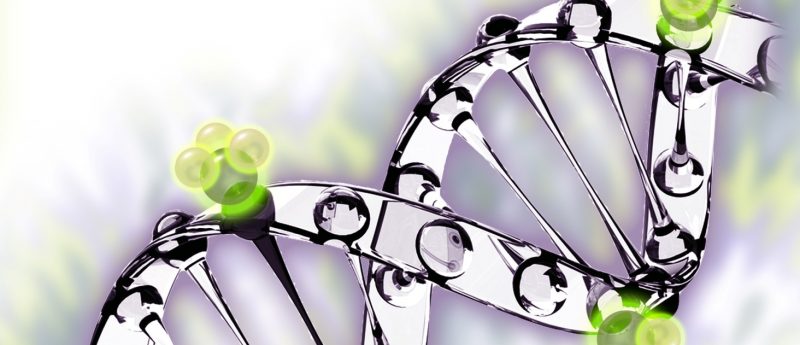Epigenetic regulation of axonal regenerative capacity

Epigenomics Review summarizing the role of DNA methylation and demethylation, histone acetylation and miRNAs in neural regeneration, by Yi-Lan Weng, Jessica Joseph, Ran An, Hongjun Song and Guo-li Ming (Johns Hopkins University School of Medicine, Baltimore, MD, USA).
The intrinsic ability of neurons in the CNS to grow declines during neuronal maturation, whereas neurons in the adult PNS remain capable of regeneration thanks to activation of an array of regeneration-associated genes. Mounting evidence suggests that epigenetic mechanisms support the transcriptional reprogramming and regulation of the neuronal growth that allows regeneration in the PNS following injury. Identifying these mechanisms could therefore help support the development of new therapies to support treatment of neurological disorders such as traumatic brain injury, spinal cord injury and stroke.
In this Epigenomics Review, authors Yi-Lan Weng, Jessica Joseph, Ran An, Hongjun Song and Guo-li Ming from Johns Hopkins University School of Medicine (Baltimore, MD, USA) present the latest research indicating that epigenetic mechanisms such as histone and DNA modifications play a key role in axonal regeneration, and discuss differential epigenomic configurations between neurons in the adult mammalian CNS and PNS.
Weng YL, Joseph J, An R, Song H, Ming GL. Epigenetic regulation of axonal regenerative capacity. Epigenomics 8(10), 1429-1442 (2016).
Author for correspondence: [email protected]